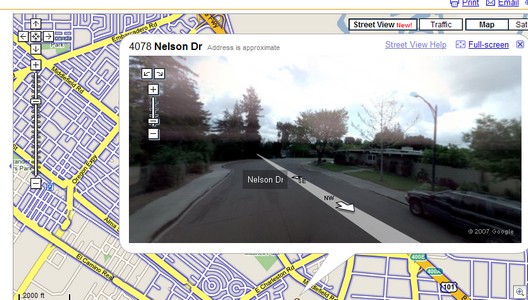With each new operating system and application, Microsoft and other software vendors strive to make computers more user-friendly. More and more, the software does it all for us, and we need to know less and less to use it.
Take Windows Vista, for instance. Its new ways of finding what you need make it a delight to use. Instead of searching through the Programs menu for the application you want to run, you can simply type its name in the Search box. Instead of hunting through the file system in Windows Explorer for a document you want, just type the file name or keywords in the same Search box. When you want to save a document in a particular location, you no longer need to navigate through the whole drive; chances are that Favorite Links box on the left side of the Save As dialog box will take you straight to the folder you want with a couple of clicks.
Going back to XP after using Vista can make these tasks feel clunky and slow. The new way increases our productivity and removes some of the tedium of working on the computer. And that’s a good thing.
Or is it? For those of us coming to Vista from long years of working with operating systems that demand a little more of us, all this convenience is cool but we still know how to get around a file system the old fashioned way if we need to. For kids who grow up using Vista and its sure-to-be-even-friendlier successors, though, I wonder if something will be lost.
Just as those who came of school age after the advent and easy availability of calculators never seemed to develop the same level of basic math skills as those of us who grew up having to do it ourselves, I wonder if future computer users will lack the skills that used to be necessary if you wanted to use a computer.
Once upon a time, you had to be pretty smart to own and maintain and use a personal computer (heck, back in the really olden days, you had to learn BASIC or some other programming language to make the machine do anything useful).
But over the years, as PCs became mainstream items that were standard in every home, new users didn’t want to have to learn all that complicated stuff. They lamented that a computer should be as easy to use as a TV set, that you didn’t need to know all the theories behind how television works or be able to take it apart and put it back together in order to use it. They asked for “no brainer” computing.
Well, we’re not quite there yet, but we’re getting closer all the time. And even though I enjoy Vista’s new features, sometimes I get the feeling that it’s making me a little lazy. I feel a twinge of annoyance now when I use an XP system and have to go clicking through the file hierarchy to find something. I miss the multi-functional Search box. Heaven help me, I even long for my sidebar gadgets.
What do you think? Do operating systems that do everything for us make us dumb and lazy? Or would you prefer not to have to know anything about computers to use them?
Deb Shinder, MVP




